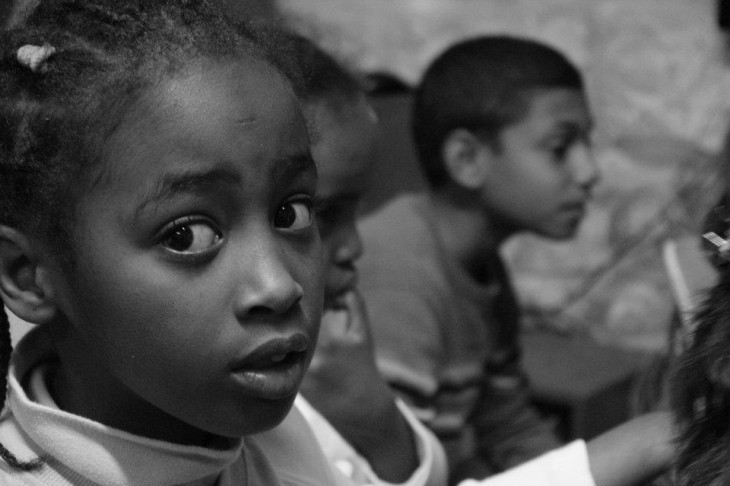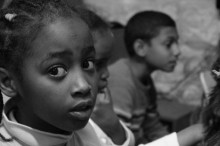The African community in Jerusalem counts approximately 350 people. To truly understand what brought Africans to Jerusalem and the Middle East, one must recognize the role of Islam in Africa. The expansion of an Islamic empire in Africa started in the 7th century when Arabs started arriving in Africa once Islam had already settled. Many came due to the large slave trade market and for West Africa’s valuable gold. It is important to note slavery occurred before the advent of Islam, and Muslim teachings had always favored manumission. Slavery was a huge trade market within Africa and the Middle East and, unfortunately, not much is recounted from the Africans perspectives. Nonetheless Moroccan explorer Ibn Battuta wrote of his experiences and encounters in the 14th century through a complete cross-cultural outlook, showing Africans humanity. Finally in the 15th and 16th century trade in humans and goods slowed after the collapse of the Kingdom of Songhai, the West African political breakdown, North African economic decline and a shift to Atlantic slave routes. Africans started making the pilgrimage to the Mecca and Jerusalem to fulfill their duties as Muslims.
Islam was a dominant religion in West Africa and it created a link to the Islamic world giving Muslim Africans tangible reasons to cross the Sahara for the first time in history. One of the most memorable pilgrimages in history was made by Mansa Musa in the 14th century. The emperor Mansa Musa of Mali was an extremely wealthy man, and to this day is still one of the richest men that ever lived. He made his journey to the Mecca over the period of one year, bringing with him tons of gold and spending on souvenirs, building mosques and giving to the poor. As a result of his lavish spending he left a destabilized economy and caused mass inflation in Egypt and other countries. Since then, many Muslim Africans have made the journey themselves. Myriad of them settled in Jerusalem considering it the final destination of their pilgrimage.
In the 13th century Mamluk lords Prince Alaa Deen Aydooghdi and Sultan Qalawoon created hostels opposite each other for Muslim pilgrims. During the Ottoman Empire (1516-1918) Africans were deemed important caretakers for the mosque, and many stood as guards and held keys to holy sites. However, during the Arab Revolt against the Turks (1914-1917) the Ottomans converted the two hostels into prisons. One section was meant for rebels and long-term incarceration, and the other for executions, dubbed “The Blood Prison”. Iron bars covering the windows and doors are still present, attesting to its eerie past.
Even through two catastrophic wars, members of the African community don’t consider leaving or returning to their native villages in Africa. While taking pride in their African roots and traditions, they have woven themselves into the Palestinian community; socially and politically. Many have married Arab women, and all of them strongly identify to the Palestinian cause. Unfortunately many Afro-Palestinians have served time in Israeli prisons. Despite considering themselves as Palestinians, Nevertheless Mahmoud Jiddah, a member of the African community, says racism is not a hugely common occurrence from the Palestinians. The worst racism they encounter is by the Israelis; “We face a twofold oppression by the Israeli occupation: first because we are Palestinians and second because we are black”.
The African community is known to be a tight-knit community, and one of the only communities within the Old City that consider themselves Palestinians. Many in the community will tell you they consider themselves one big family. Albeit many traditions have ceased with time and new generations, if an event or occasion is due, everyone takes part and contributes in whatever way they can. However unfortunate due to lack of space, rising unemployment and poverty in the area, many families have had to move out to neighborhoods like Beit Hanina and Shu’fat. Many have tried expanding and building new levels, but obtaining construction permits are very difficult for Palestinians and they are constantly denied by Israeli authorities. Even for basic restoration or addition of one or two rooms, illegal construction is heavily penalized by Israel; if the construction isn’t demolished by the property owner, the government will destroy it and send the bill to the owner.
Overall the African community not only shows their devotion within the Old City and Jerusalem, they also represent the Palestinian narrative through years of perversity and unity. They are a microcosm of the challenges Palestinians have encountered for decades, and still face to this day.



